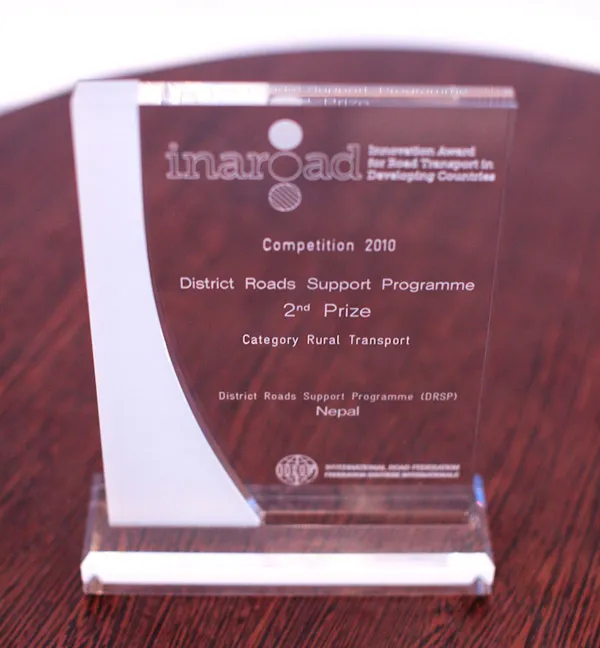The African Development Bank (AfDB) is providing a loan worth US$463 million for infrastructure investments in Uganda.
February 27, 2012
Read time: 1 min
The 1586 African Development Bank (AfDB) is providing a loan worth US$463 million for infrastructure investments in Uganda. The financing will be used to fund projects seen as key to development over the coming three year period. Rural roads and district roads are placed high in the priority list for investment. Some 4,365km of local access roads will be improved while 225km of district roads will be repaired and/or upgraded. Other projects include improving access to potable water and health facilities.








